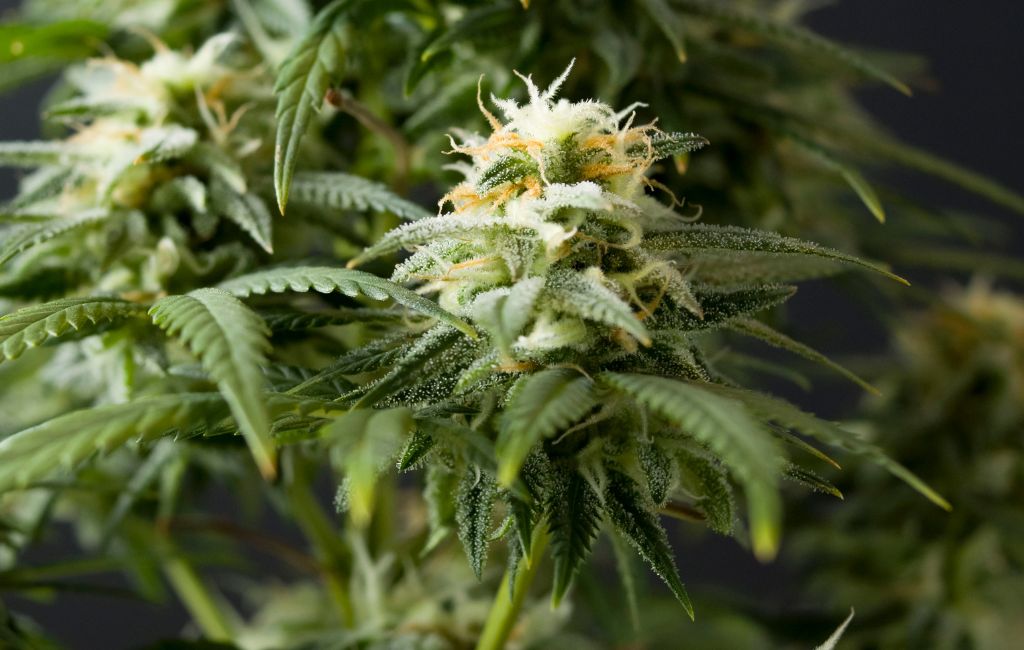THCa Flowers: Experience the Power of Raw Cannabis
The world of cannabis is vast and varied, offering a multitude of experiences and benefits. Among the many forms of cannabis, THCa flowers have emerged as a unique and potent option for those seeking the raw power of the plant. This article explores the nature of THCa flowers, their benefits, and how they differ from other cannabis products.
Understanding THCa: The Precursor to THC
THCa, or tetrahydrocannabinolic acid, is a non-psychoactive cannabinoid found in raw cannabis. Unlike THC, which is known for its psychoactive effects, THCa does not produce a high. This is because THCa must undergo decarboxylation, a process typically triggered by heat, to convert into THC.
Decarboxylation occurs when cannabis is smoked, vaporized, or cooked. In its raw form, THCa remains intact, offering a different set of benefits compared to its psychoactive counterpart.
Benefits of THCa
- Anti-inflammatory Properties: Research suggests that THCa may have significant anti-inflammatory effects, making it a potential option for those dealing with conditions like arthritis or chronic pain.
- Neuroprotective Effects: Some studies indicate that THCa might offer neuroprotective benefits, which could be beneficial for neurodegenerative diseases.
- Antiemetic Properties: THCa has shown promise in reducing nausea and vomiting, which can be particularly helpful for patients undergoing chemotherapy.
- Appetite Stimulation: Like THC, THCa may help stimulate appetite, offering potential benefits for individuals with eating disorders or those undergoing treatments that affect appetite.
THCa Flowers vs. Traditional Cannabis Products
THCa flowers differ from traditional cannabis products in several ways. While most cannabis products are consumed for their psychoactive effects, THCa flowers are valued for their therapeutic potential without the high.
Consumption Methods
THCa flowers can be consumed in various ways, each offering different benefits:
- Juicing: One popular method is juicing raw cannabis leaves and flowers. This preserves the THCa content and allows users to consume it in its natural form.
- Topicals: THCa can be infused into creams or balms for topical application, providing localized relief without psychoactive effects.
- Tinctures: THCa tinctures offer a convenient way to consume the cannabinoid, often used sublingually for quick absorption.
Case Studies and Research
Several studies have highlighted the potential benefits of THCa. For instance, a study published in the British Journal of Pharmacology found that THCa exhibited anti-inflammatory properties in animal models. Another study in the Journal of Neuroimmune Pharmacology suggested that THCa might have neuroprotective effects, offering hope for conditions like Parkinson’s disease.
These findings, while preliminary, underscore the potential of THCa as a therapeutic agent. As research continues, more insights into its benefits and applications are expected to emerge.
The Legal Landscape of THCa
The legal status of THCa varies by region. In many places, THCa is not classified as a controlled substance, given its non-psychoactive nature. However, the legality can change once THCa is converted to THC through decarboxylation.
Consumers should be aware of local laws and regulations regarding the possession and use of THCa flowers. In some areas, raw cannabis products may be subject to the same restrictions as THC-containing products.
Choosing Quality THCa Flowers
When selecting THCa flowers, quality is paramount. Here are some tips for choosing the best products:
- Source: Opt for flowers from reputable growers who prioritize organic and sustainable farming practices.
- Testing: Ensure the product has been tested for purity and potency by a third-party lab.
- Appearance: High-quality THCa flowers should have a vibrant color and a strong, pleasant aroma.
Conclusion
THCa flowers offer a unique way to experience the benefits of cannabis without the psychoactive effects. With potential therapeutic applications ranging from anti-inflammatory to neuroprotective properties, THCa is gaining attention as a valuable component of the cannabis plant. As research progresses, the understanding and appreciation of THCa are likely to grow, offering new possibilities for those seeking natural wellness solutions.
